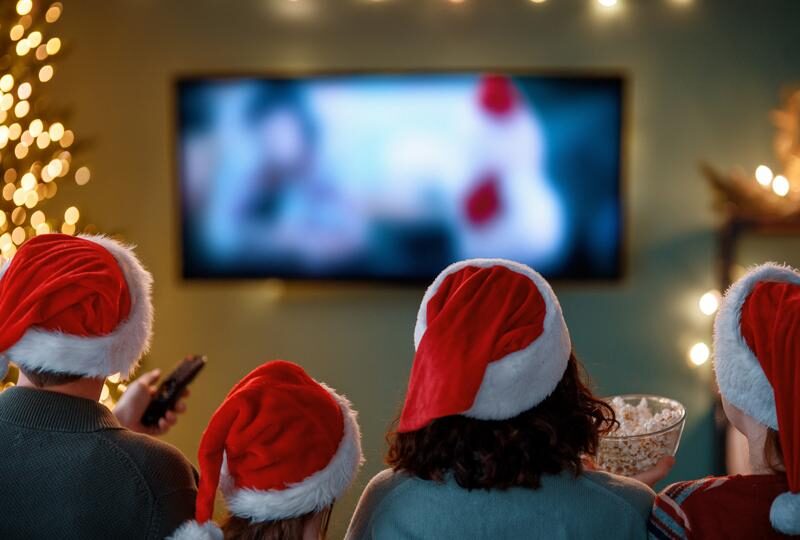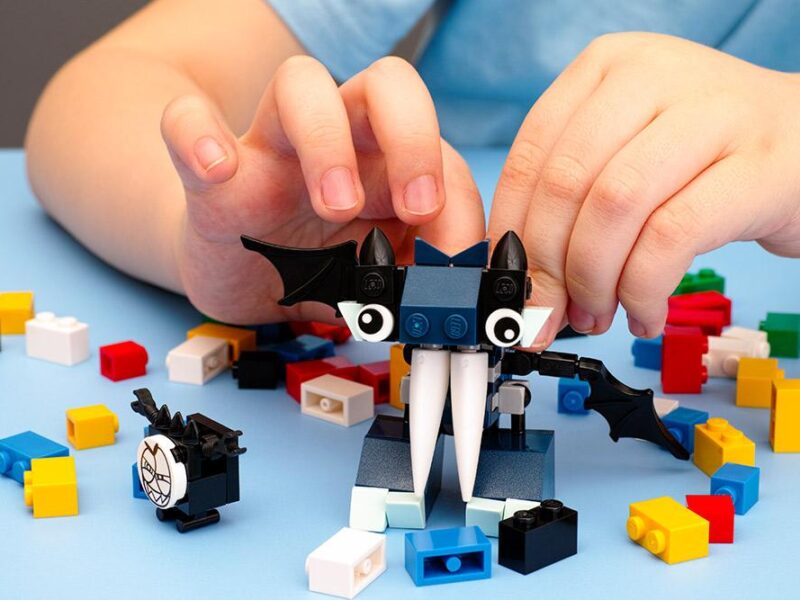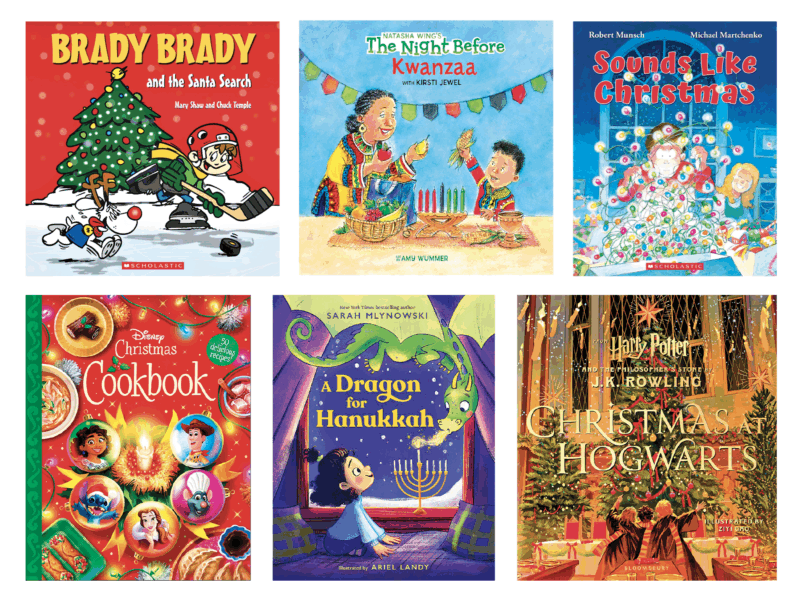Adoptive Family Camp
Our family is at camp this weekend, a week-long camp that my wife directs specifically for families who foster and adopt. We've directed camps for many years, but this is the first time we've done a camp for adoptive families, so it's been interesting to see the differences in the social dynamics.
What struck me from almost the first minute that people arrived was a sense of collective understanding of the unique dynamics that come with each adoptive family. Our culture as a whole is getting used to having families with multiple step-parents and half-siblings and so on, but they don't always quite understand what it means to have birth parents, foster parents (perhaps several sets over time), and adoptive parents all at once, to have siblings who might live in other houses, to have mandatory visits, to have court dates about legal status and so forth.
Our culture is also getting better at recognizing the influence that developmental factors can have on child behaviour, but they don't always know or understand the behaviours of children who have been traumatized by abuse, by neglect, by exposure to drugs and alcohol. Even the experience of adoption itself, the loss of one family and the shock of adapting to a new one, is an almost incomprehensible trauma to children, and they sometimes act out of this trauma in ways that people see only as misbehaviour or bad parenting.
This can all make foster and adoptive children feel different and excluded, even ashamed. They are constantly having to explain their family situation to friends and teachers. Every time they need to do an assignment on their family tree or explain why they can't come to a friends birthday because of a court ordered visit, their differences from other kids always seem to follow them.
Here at adoptive family camp, however, these kinds of situations, whatever they are, always different from family to family, are normal. Parents are familiar with the complicated family trees, the challenging emotions and behaviours of our kids, the ways that foster and adoptive kids need to be handled. The kids too can relax because everyone else has a story like theirs, even if its a bit different in the details.
Within the first few hours of being here, I had one young girl talk to me for almost 20 minutes about how tough it was to transition from her foster home to her adoptive home. I had a parent vent about how a half dozen different opportunities for adoption had fallen through for various reasons. I had another parent instinctively move in to diffuse a situation with someone else's kid who was about to cause disaster. In each case, people were able to express themselves naturally, without worrying that people wouldn't understand.
Whatever else happens this week, that much has already been a real blessing.





